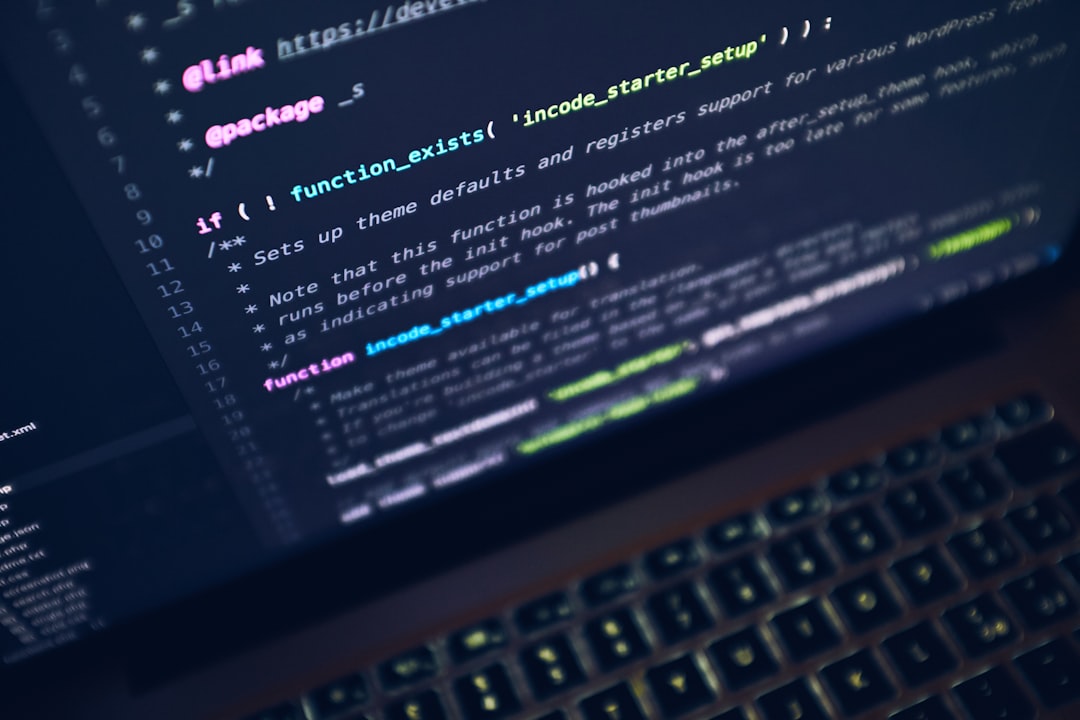PHP is one of the most popular server-side programming languages. It is used to build dynamic websites, web applications, and other web-based software. Despite its popularity, PHP developers may face some challenges when it comes to debugging their code. Debugging is an essential part of the software development process, and finding and fixing bugs can be time-consuming and frustrating. In this blog post, we will discuss some techniques and tools for debugging PHP code that can make the process easier and more efficient.
Understanding Common PHP Errors and Warnings
The first step in debugging PHP code is to understand the common errors and warnings that can occur. These include syntax errors, logical errors, and runtime errors. Syntax errors occur when there is a mistake in the PHP code that prevents it from being executed. Logical errors occur when the code runs but does not produce the expected output. Runtime errors occur when the code produces an error during execution, such as a division by zero or an undefined variable.
Using Debugging Techniques
Once you understand the common errors and warnings, you can start using debugging techniques to find and fix them. Some of the techniques that you can use include:
- Debugging with print statements: This technique involves adding print statements to your code to display the values of variables or other information that can help you identify the problem. You can use the echo function to print out the values of variables or the output of a function.
- Using var_dump() function: This function is similar to print statements but provides more detailed information about the variable or expression. It displays the data type, length, and value of the variable.
- Debugging with a debugger: Debuggers are tools that allow you to step through your code line by line, set breakpoints, and examine the values of variables at different points in your program. Xdebug is a popular debugger for PHP that allows you to set breakpoints, trace function calls, and examine the values of variables.
- Logging: Logging is a technique that involves writing information to a log file. You can use the PHP error_log() function to write information to the error log file. This information can help you identify the problem and find a solution.
Using Debugging Tools
In addition to the techniques mentioned above, there are several debugging tools that you can use to find and fix bugs in your PHP code. These tools can help you identify errors in your code and provide more detailed information about the problem. Some of the tools that you can use include:
- PHP CodeSniffer: PHP CodeSniffer is a tool that checks your code against coding standards and detects potential errors. It can also fix some errors automatically.
- PHPMD: PHPMD is a tool that checks your code for potential problems and suggests improvements. It can detect code that is difficult to maintain, identify unused code, and suggest ways to improve your code.
- PHP Debug Bar: PHP Debug Bar is a toolbar that provides detailed information about the performance of your code, including the time it takes to execute each function and the memory used by your code.
- PhpStorm: PhpStorm is an IDE (Integrated Development Environment) for PHP that includes debugging tools. It allows you to set breakpoints, step through your code, and examine the values of variables at different points in your program.
Best Practices for Debugging PHP Code
To make the debugging process easier and more efficient, it is essential to follow some best practices when developing PHP code. These include:
- Writing clear and concise code: Writing clear and concise code can help you identify errors more quickly. It also makes your code easier to read and maintain.
- Using version control: Version control allows you to track changes to your code and revert to previous versions if necessary. It can also help you collaborate with other developers and ensure that your code is always up-to-date.
- Testing your code: Testing your code can help you identify errors before they become a problem. You can use unit testing frameworks like PHPUnit to test your code and ensure that it meets the requirements.
- Using error handling: Error handling is a technique that involves detecting errors in your code and taking appropriate action. You can use try-catch blocks to catch exceptions and handle errors gracefully.
- Documenting your code: Documenting your code can help you and other developers understand how it works and what it does. You can use comments to explain your code and provide context.
Conclusion
Debugging PHP code is an essential part of the software development process. By using the techniques and tools mentioned in this blog post, you can make the process easier and more efficient. Aspired has a team of highly skilled PHP developers who can help you with your PHP development needs. If you are looking to hire PHP developers, Aspired is a great choice. Our developers have experience with a wide range of PHP frameworks and tools, and can help you build scalable, secure, and reliable PHP applications. Contact Aspired today to learn more about our PHP development services and how we can help you achieve your goals.
